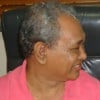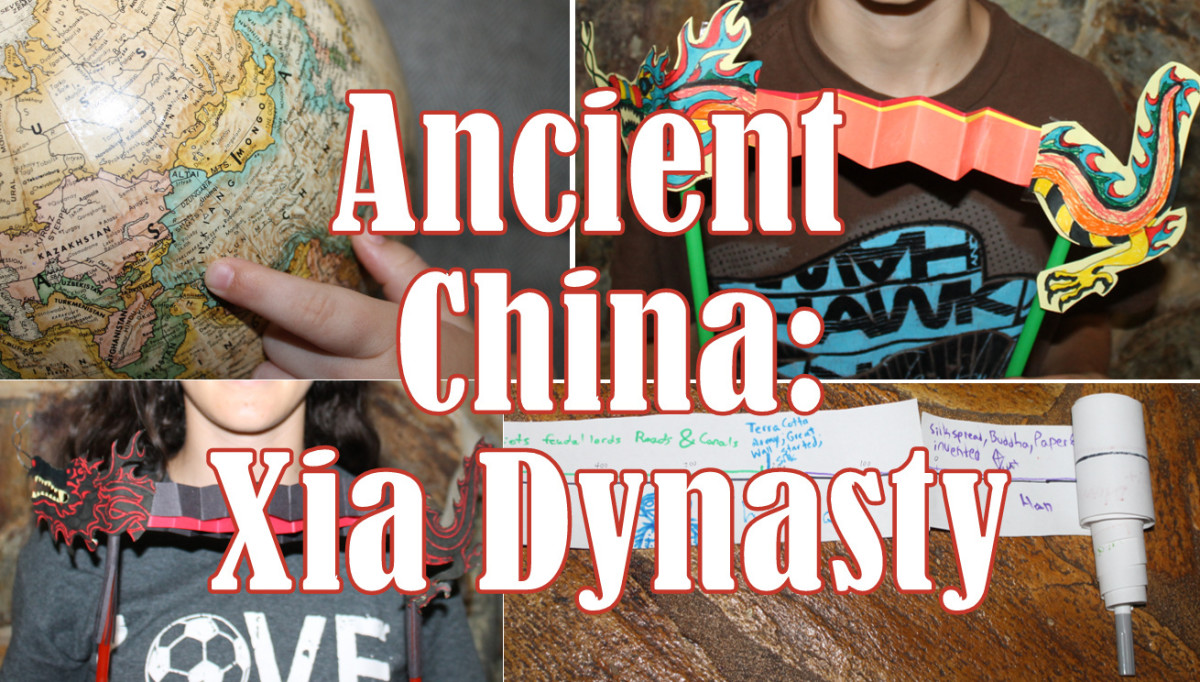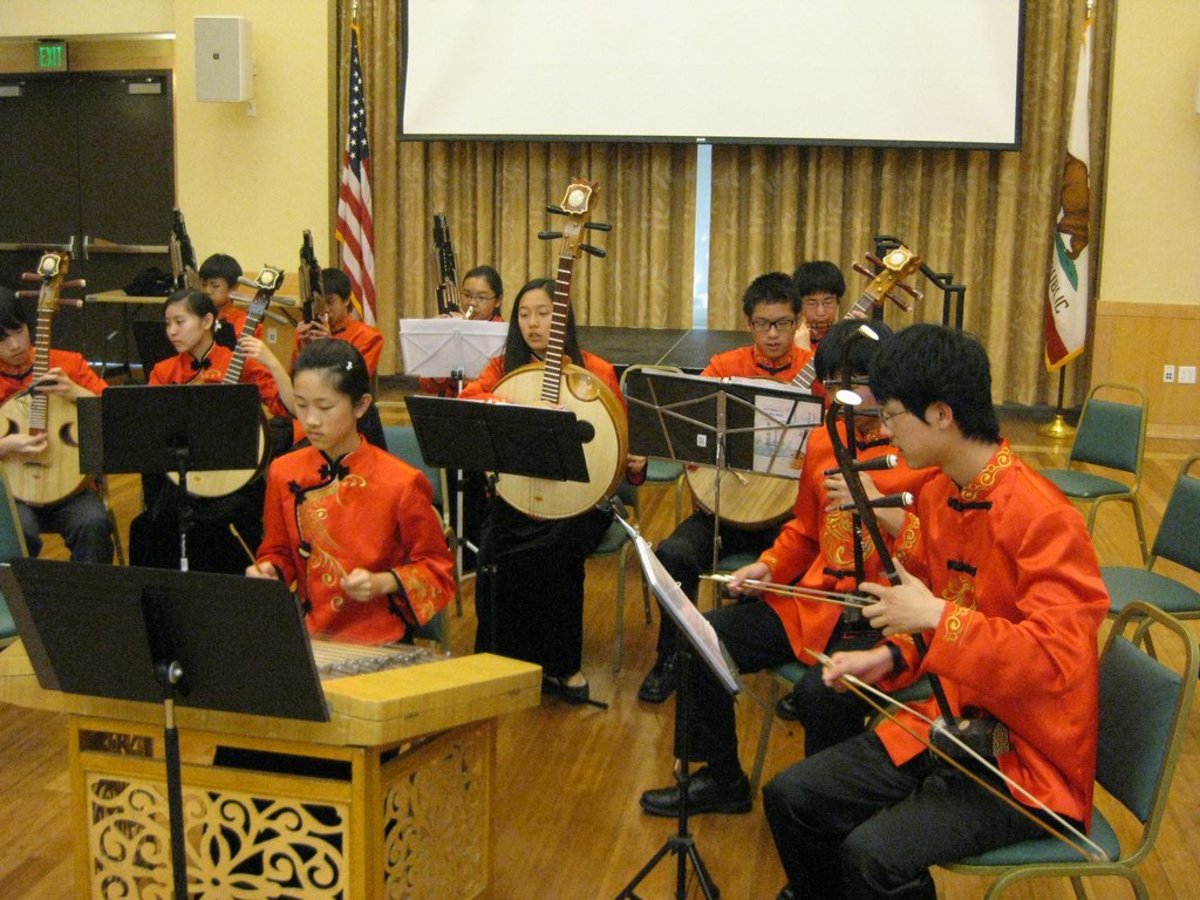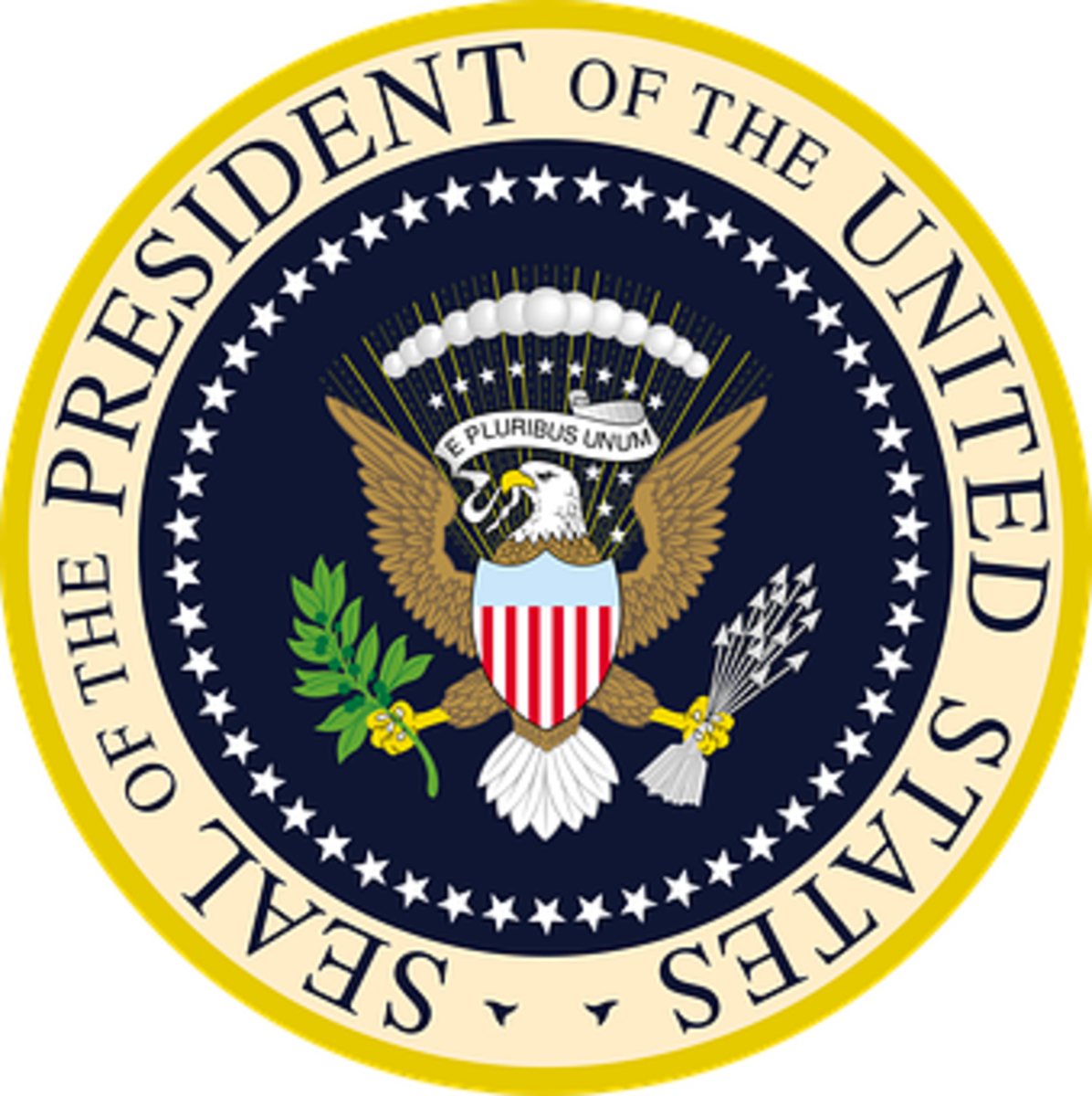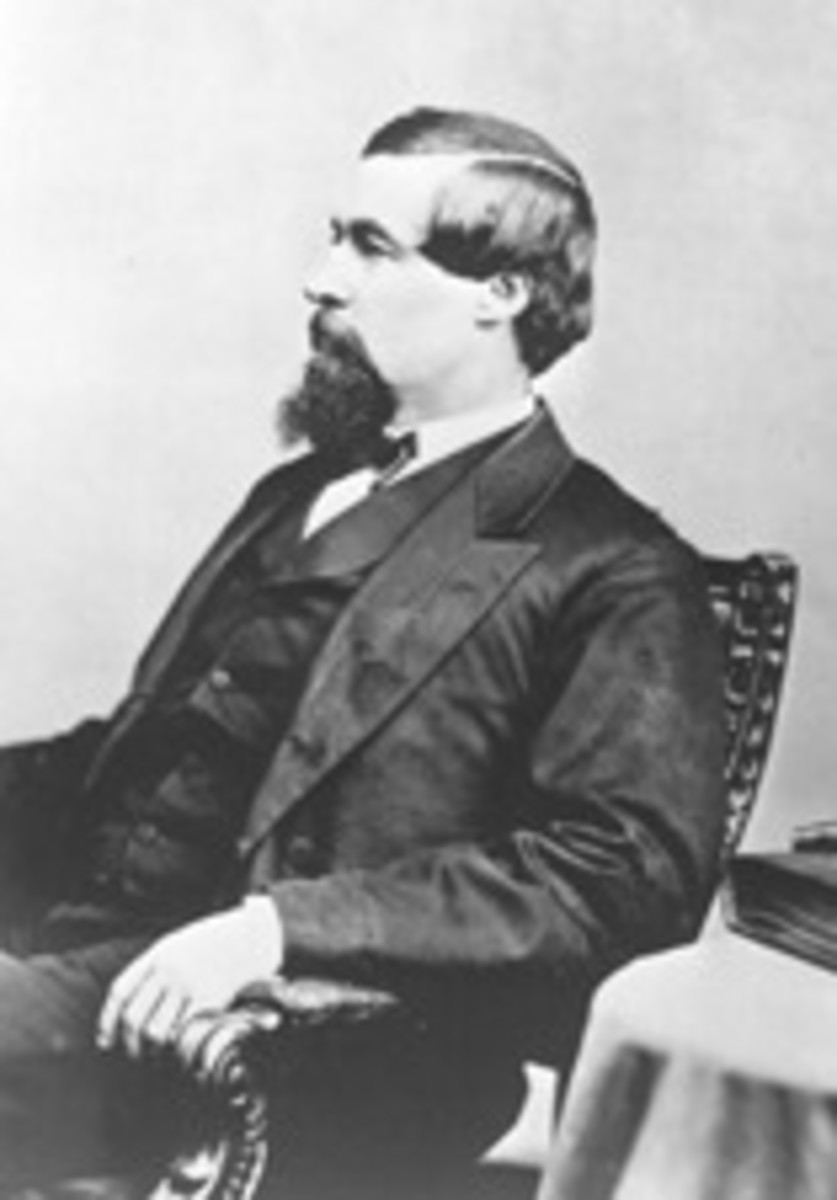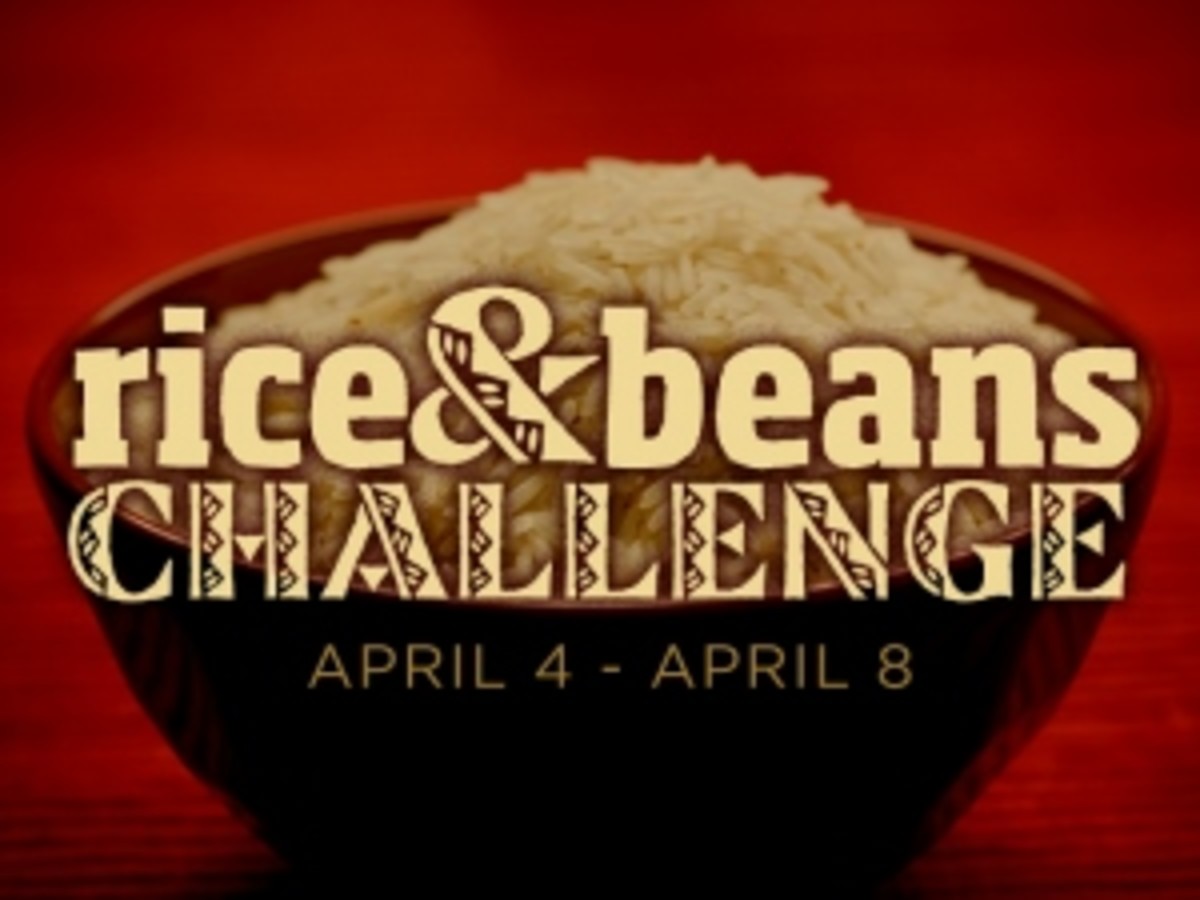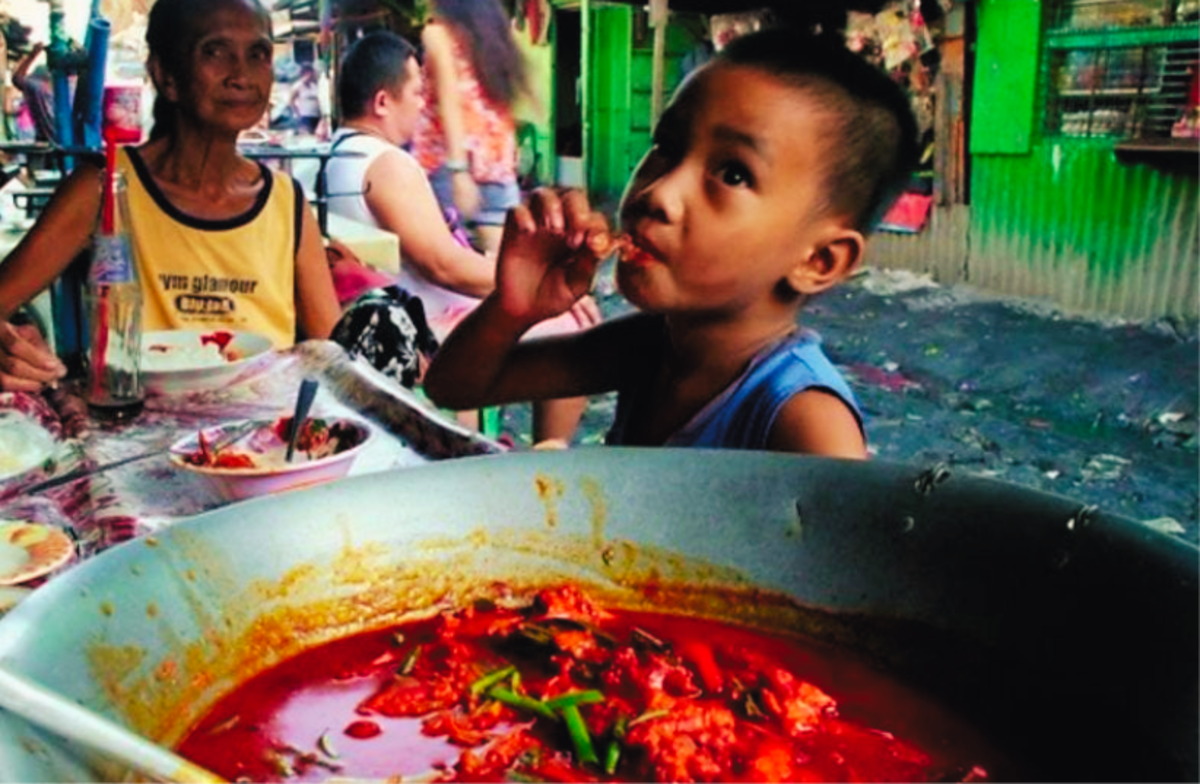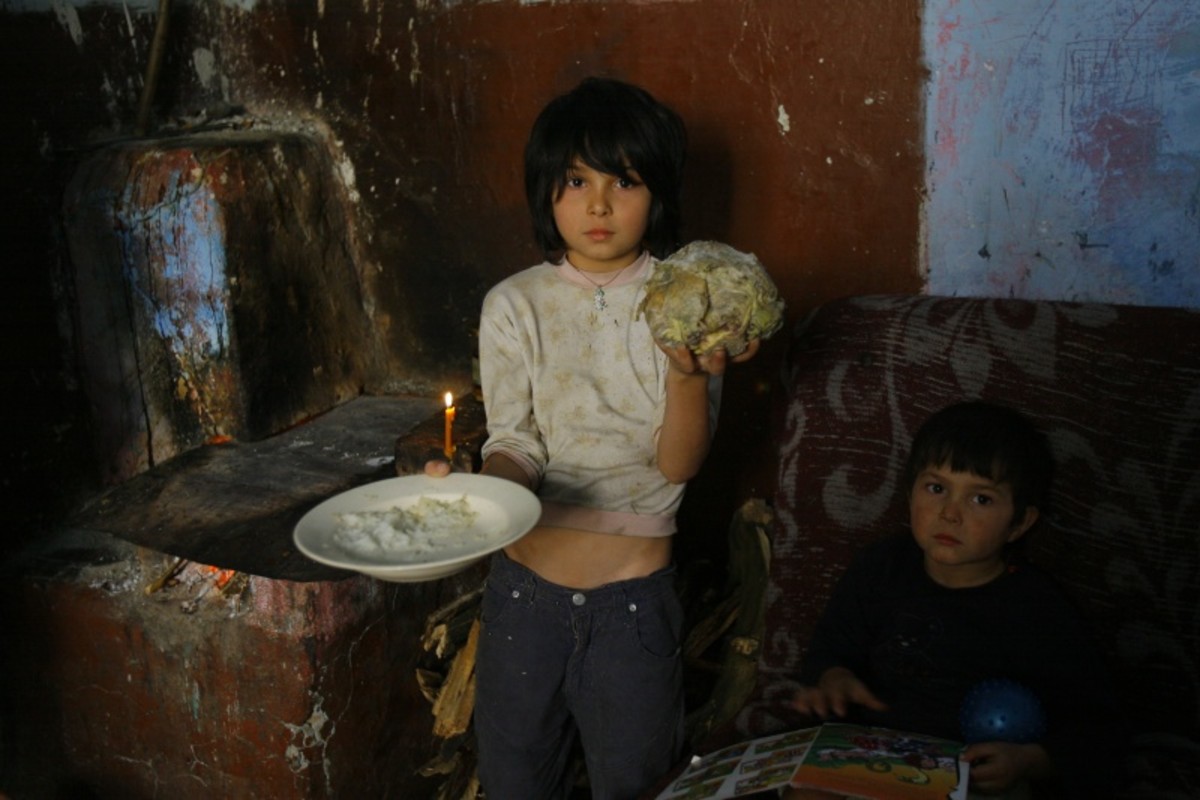Abolition of Feudalism Dismantles Dynasties That Imperil the Philippines
Delegates of the first constitutional convention of the Philippine revolutionary government who convened at Barasoain Church in 1899
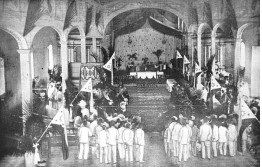
Eliminate feudalism to abolish poverty and usher in development
Dynasty
Dynasty is short label for political dynasty.
That George W. H. Bush and George H. Bush, father and son, became presidents of USA is already considered a dynasty.
There are several political dynasties in the Philippines.
Ejercito/Estrada dynasty. Early on it was Joseph Estrada who was president of the Philippines. During his incumbency, his son, Jinggoy Estrada was elected senator. Then, Jinggoy’s half brother, JV Ejercito was elected mayor of San Juan City then representative of San Juan City.. Today, JV is a senator.
[Joseph Estrada was baptized Joseph Ejercito who carried this name up to college. He dropped out of college and went on to a career in the movies where he was successful. As leading star, he played roles championing the plight of the poor and downtrodden. As a movie actor he adopted the name Joseph Estrada. When he went into politics he used Joseph Estrada. And people voted for this name. Jinggoy, his son with his legal wife, adopted this name in the movies and in politics. JV is Joseph’s son with one of his two common law wives. Joseph Estrada is now mayor of Manila.
Voters had conjured up a person out of the name modeled after the movie roles. The real person came out during his incumbency as president of the Philippines. Three years into a six-year term, Joseph Ejercito brought the economy of the Philippines to a perilous down turn. One of his advisers was a "financial genius" a fugitive from USA laws who gave extra contributions to a presidential candidate in the US. He was soon extradited and served a sentence in a US prison. Joseph was driven out of the office of the President by a coup; accused, convicted and jailed for plunder. Lucky for him, he was pardoned by Pres. Gloria Macapagal-Arroyo owing to a grand political strategy. He was allowed to run for the presidency again to split the opposition vote thus Gloria's candidate would win. It went puffttt.]
Another dynasty: Gloria Macapagal-Arroyo, Datu Arroyo, Mike Arroyo, mother and sons. They are all now members of the House of Representative of the Philippines.
Gloria is the daughter of former president Diosdado Macapagal. In politics, she became senator, vice-president and president. (She opted to run and won as representative of a district in Pampanga, to avail of the immunity from lawsuits afforded by the position. There are several cases filed against her owing to her decisions as president.)
Take the Binay dynasty. Jejomar Binay is vice-president of the Philippines. His daughter, Nancy, is a senator. His son, Jun-jun, is mayor of Makati City.
Take the Aquino dynasty. Corazon C. Aquino was president of the Philippines. Her son, Simeon C. Aquino III, is now president of the Philippines.
This Marcos dynasty. Ferdinand Marcos, Sr. the dictator, was president of the Philippines. His wife, Imelda Romualdez Marcos is now representative of Ilocos Norte. Their daughter. Imee is governor of Ilocos Note. Their son. Ferdinand, Jr. Is now a senator.
There is the Chipeco dynasty in Laguna province; the Villafuerte dynasty in Camarines Sur; the Duterte dynasty in Davao City; the Pacquiao dynasty in Saranggani province. Manny Pacquiao, a world boxing champion, is representative and wife Jinky is vice-governor.
Senator Pia Cayetano and Senator Alan Peter Cayetano, sister and brother, make up another dynasty. This list is not exhaustive.
Looming in the horizon is the Roxas dynasty. Manuel Roxas was president of the Philippines. Jerry Roxas, his son, was a senator. Now his grandson, Mar Roxas, is poised to run for the presidency next presidential election.
In short, Philippine politics is now in the second generation of political dynasties.
Most of the dynasties belong to landed families. These families as descendants of those favored by the king of Spain during the Spanish colonial regime.
The head of these families were small royalties called datus. They were co opted by the colonial regime in ruling the Philippines. They were rewarded grants of vast tracks of land called encomienda or hacienda that consist of hundreds of hectares. That made feudal lords.
Feudalism
The Philippine revolution of 1896-98 fell short of restructuring society that includes redistribution of land. So the haciendas have remained with the feudal lords and their descendants.
These landholdings are now the foundation of the political and economic power of feudal lords. These foundations have spawned political dynasties.
The hacienda system has been at the root of social problems in the Philippines. It has made rich of very few Filipinos and have impoverished plenty of Filipinos. These poor work the lands of the feudal lords or are tenants or share croppers.
Land reform
There had been attempts to break up the haciendas. One successful attempt is the Land Reform law. However, this law includes only land grown to rice. The land grown to sugar cane, and fruits (orchards) like coconut lands are exempted. The land reform law was promulgated under the leadership of Pres. Diosdado Macapagal, known as the poor boy from Lubao, Pampanga. This province is known as a hot bed of radicalism that leans toward Marxism.
But the feudal lords of sugar lands and coconut lands entrenched their position leading to the defeat of Macapagal in the polls when he run again for the presidency. Ferdinand, Sr. succeeded to the presidency and the agitation for an expanded land reform law died out.
The feudal lords have consolidated their economic and political power by forming political parties. These parties engage in petty rivalries but are joined together by their goal of denying expansion of land reform law to include sugar lands and coconut lands.
Ruling class
These feudal lords constitute the ruling class of the Philippines. Some mavericks who do not have vast landholdings, join the ruling class: Ejercito/Estrada, Binay, Marcos (although Imelda belongs to the Romualdez clan of Leyte with vast tracks of land). Villar, Cayetano.
From the time the Philippines has gained independence from colonialism (Spain), and imperialism (United States, 1946) the Philippines has remained feudal and poor.
The factors that have kept the Philippines underdeveloped are feudalism and political dynasty.
Of course, imperialism contributes a lot. However, the People’s Republic of China under Mao Tse-tung has shown how to get rid of imperialism. Root out the collaborators.
Collaborators
The collaborator of the United States in its attempt to control feudal China was Chiang Kai-shek. The forces of Mao battled the forces of Chiang who got heavy support from the United States. Most of the arms and ammunition given to Chiang’s forces landed in the hands of Mao’s forces.
Chiang forces were defeated in the Chinese civil war, together with the American support forces, they took refuge in Formosa, now Taiwan.
The US had been eyeing mainland China since 1900 for its vast market. Taiwan is so small a market to spend a lot on it.
In 1972, USA initiated a rapprochement with China. It abandoned Taiwan.
USA and China are now allies. However, the rapprochement treaty enumerates the systems where the two countries are different. This is the approach insisted upon by Chou Enlai, premier, and Mao, chairman of China. While USA can be called democracy in the classical context, China has its own way in choosing its leaders. While private corporations proliferate in USA, government corporations thrive in China. While there is private land ownership in USA; all land belong to the state in China.
USA private corporations want China to convert its government corporations into private ones so that they can come in and control them. China does not oblige.
China has adopted some capitalistic economic theories and practices and technologies. It is now second in rank in economic power in the world.
